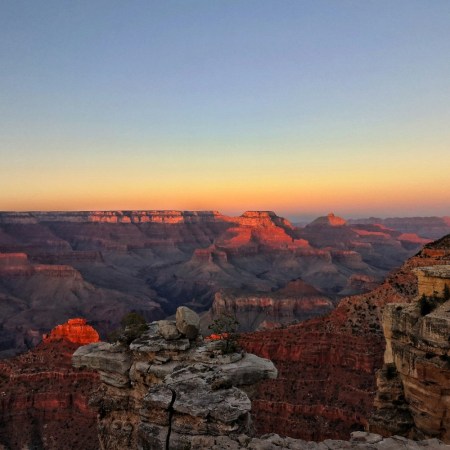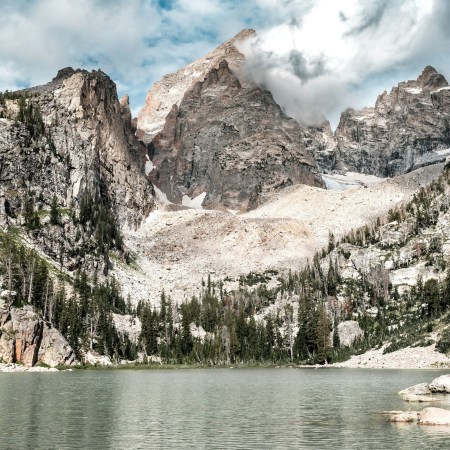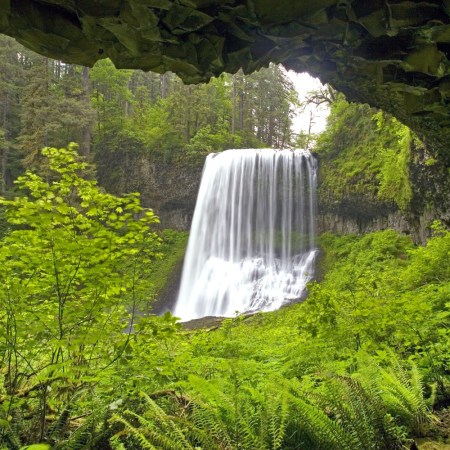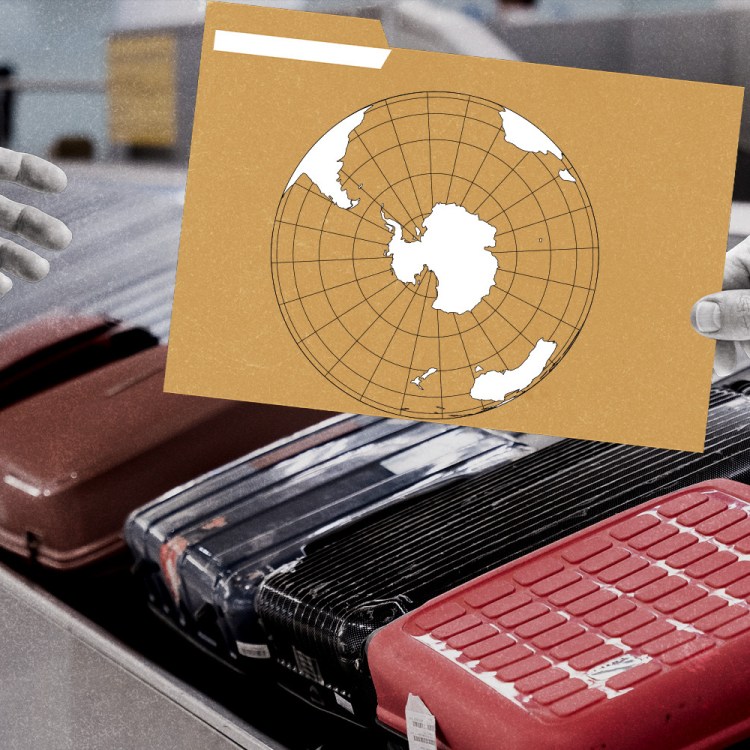There’s an idea that’s taken on a growing prominence in transportation policy circles — namely, that the practice of taxing gasoline to pay for road repairs should give way to a mileage tax. The rationale behind this? Essentially, that the drivers of electric cars aren’t paying (via taxes) for the upkeep of the roads and highways they use the same way that the drivers of gas-powered cars are.
It’s a compelling argument. It’s also one that can be applied, with some alterations, to other areas where industry-specific taxes pay for the upkeep of the exact spaces and resources they depend on. And at Outside, Christine Peterson looks at the viability of applying something similar to parks.
As Peterson notes, this is commonly referred to as the “backpack tax” — though Land Tawney, CEO of Backcountry Hunters and Anglers, dubbed it an “Outdoor Legacy Fund.” Tawney’s argument boils down to, in Peterson’s description, the fact that “hunters and anglers can’t keep paying more than half of the bill to protect the nation’s fish and wildlife through their license fees and excise taxes.”
The article summarizes a few compelling arguments in favor of a backpack tax, including but not limited to the fact that the majority of people using parks aren’t going there to hunt or fish, and that certain recreational activities done in parks didn’t exist when the national parks system was born.
Directly taxing hikers and campers isn’t the only way to raise money for parks, as Peterson points out. Several states have allocated funds from a tax on outdoor gear to help parks and historic sites — essentially creating the same effect via different means. With the uptick in people venturing into parks in the last few years, the question of paying for their upkeep isn’t likely to go away any time soon.
Thanks for reading InsideHook. Sign up for our daily newsletter and be in the know.


















